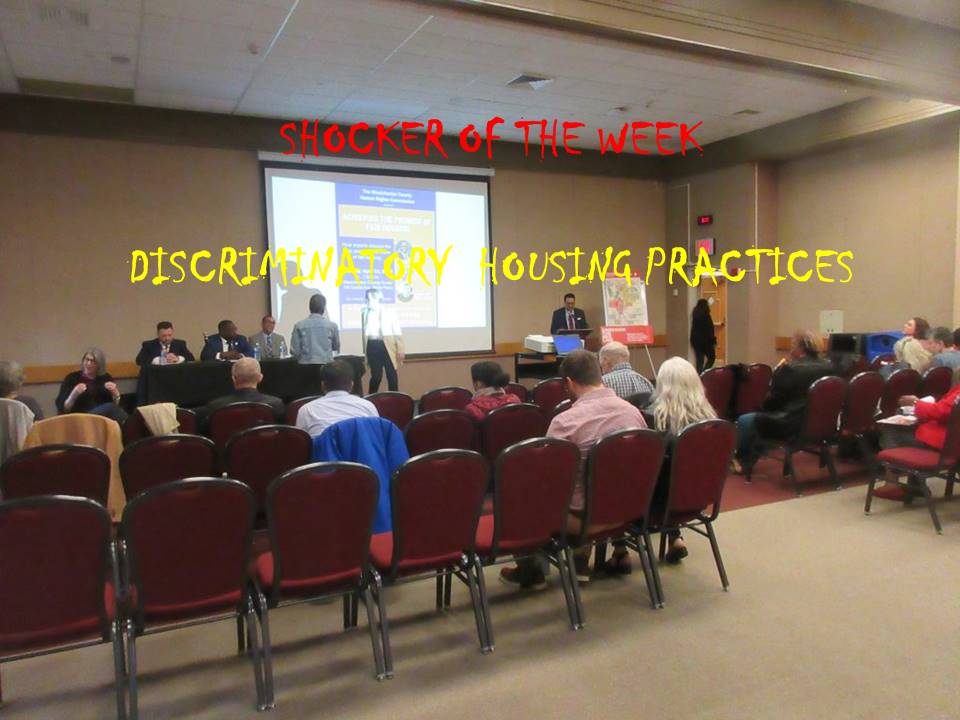Hits: 0
WPCNR WHITE PLAINS LAW JOURNAL. By John F. Bailey. February 18, 2003: WPCNR learned Tuesday that one of Glen Hockley’s attorneys, Elizabeth Shollenberger, has joined Judge Francis Nicolai’s law clerk, Diane Lundin, and applied for the vacant judgeship on the White Plains City Court.
Within hours of learning for the first time late Tuesday that Ms. Shollenberger had applied for the position, Mr. Hockley asked her to resign as his attorney. Mr. Hockley told WPCNR his decision late Tuesday evening.
Ms. Schollenberger is the attorney formerly assisting Thomas Abinanti in Glen Hockley’s defense of the Attorney General’s quo warranto action against him on behalf of Larry Delgado. She is the author of the brief requesting Judge Nicolai recuse himself citing as one of the reasons for recusal, Ms. Lundin’s application for the city judgeship (that Mr. Hockley as a member of the White Plains Common Council would have to approve).
Mr. Hockley contacted WPCNR late last evening to report his decision to dismiss Ms. Shollenberger from his leagal team. The Councilman said that to be fair he could not demand the recusal of Judge Nicolai or removal of Ms. Lundin as law clerk on the quo warranto action if his own attorney on the case was also applying for the judgeship.
Application Just Under the Wire.
Ms. Shollenberger confirmed Tuesday afternoon to WPCNR that she had applied for the City Judgeship on February 9, the deadline for applicatios. This was five days after the Motion for recusal was filed (February 4). Asked why she had applied on the last day, Ms. Shollenberger said she had the application for some time and had simply waited until the deadline.
Ms. Shollenberger told WPCNR she applied for the judgeship because she felt her twenty years of experience qualified her to sit in White Plains and sit in judgement of the rights and responsibilities of individuals.
WPCNR asked Ms. Shollenberger why she felt her application for the judgeship was not a conflict of interest, whereas Ms. Lundin’s was. She said she was an advocate for Mr. Hockley, and made no secret of that, whereas Ms. Lundin’s position was that of a court attorney who is supposed to be neutral towards both parties, yet who could be perceived to have an interest in Mr. Hockley’s being on the council, or off of the Council.
Mysterious Leak
There is a mystery as to how Ms. Shollenberger’s application came to the attention of the media.
WPCNR contacted the Mayor’s Office to discover whether or not the list of applicants with the city’s Law Department could be released upon request. (The Law Department is where applications for the judgeship are rendered). George Gretsas, the Mayor’s Executive Officer, said the list of applicants was not subject to the Freedom of Information Act and that it was a matter of city policy that applications were not available to the general public for privacy reasons.



